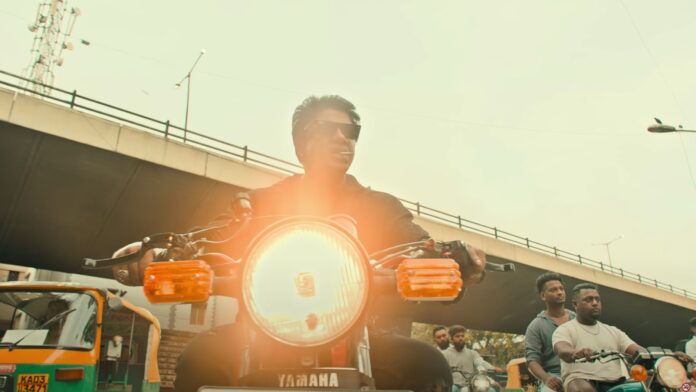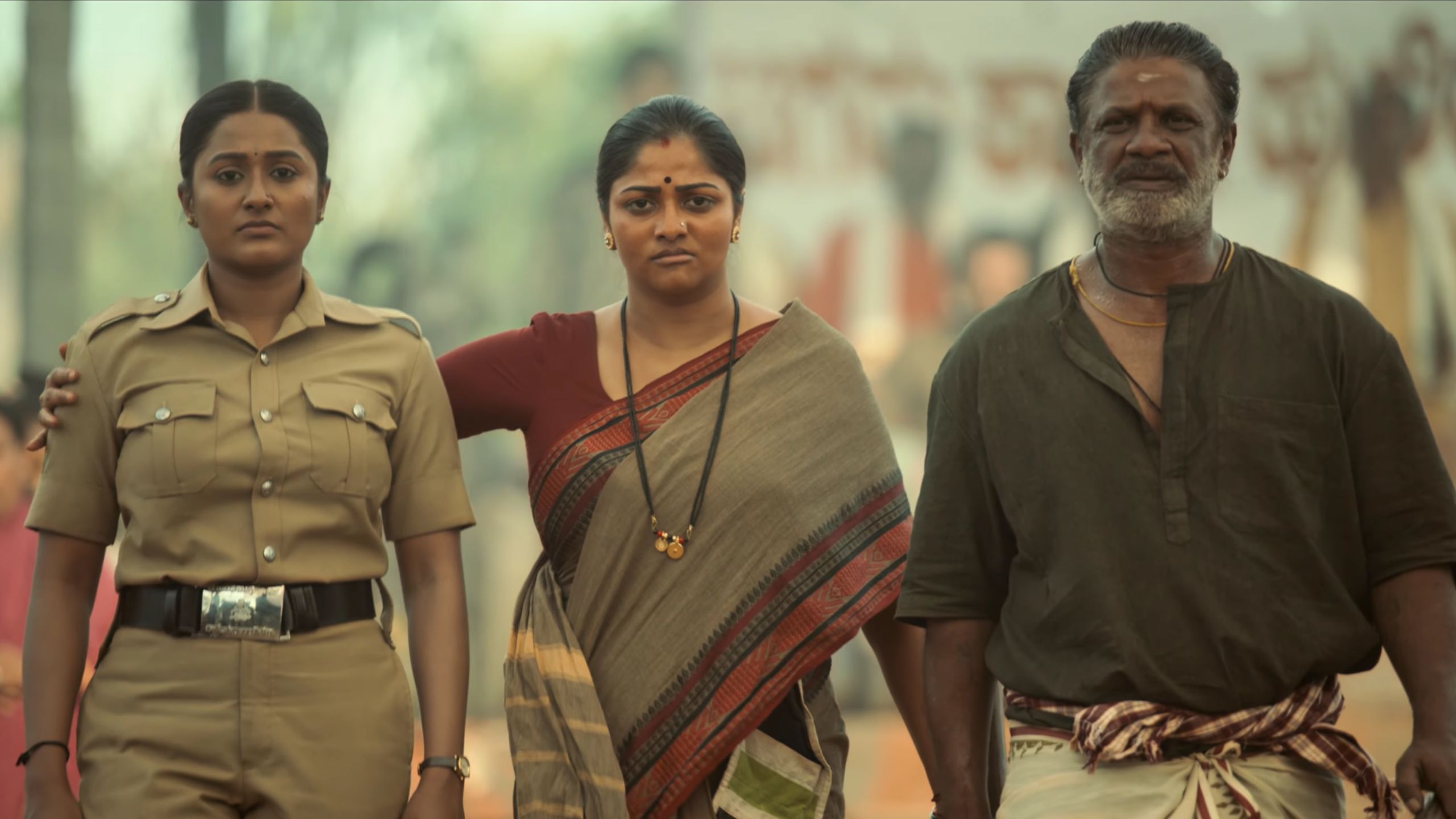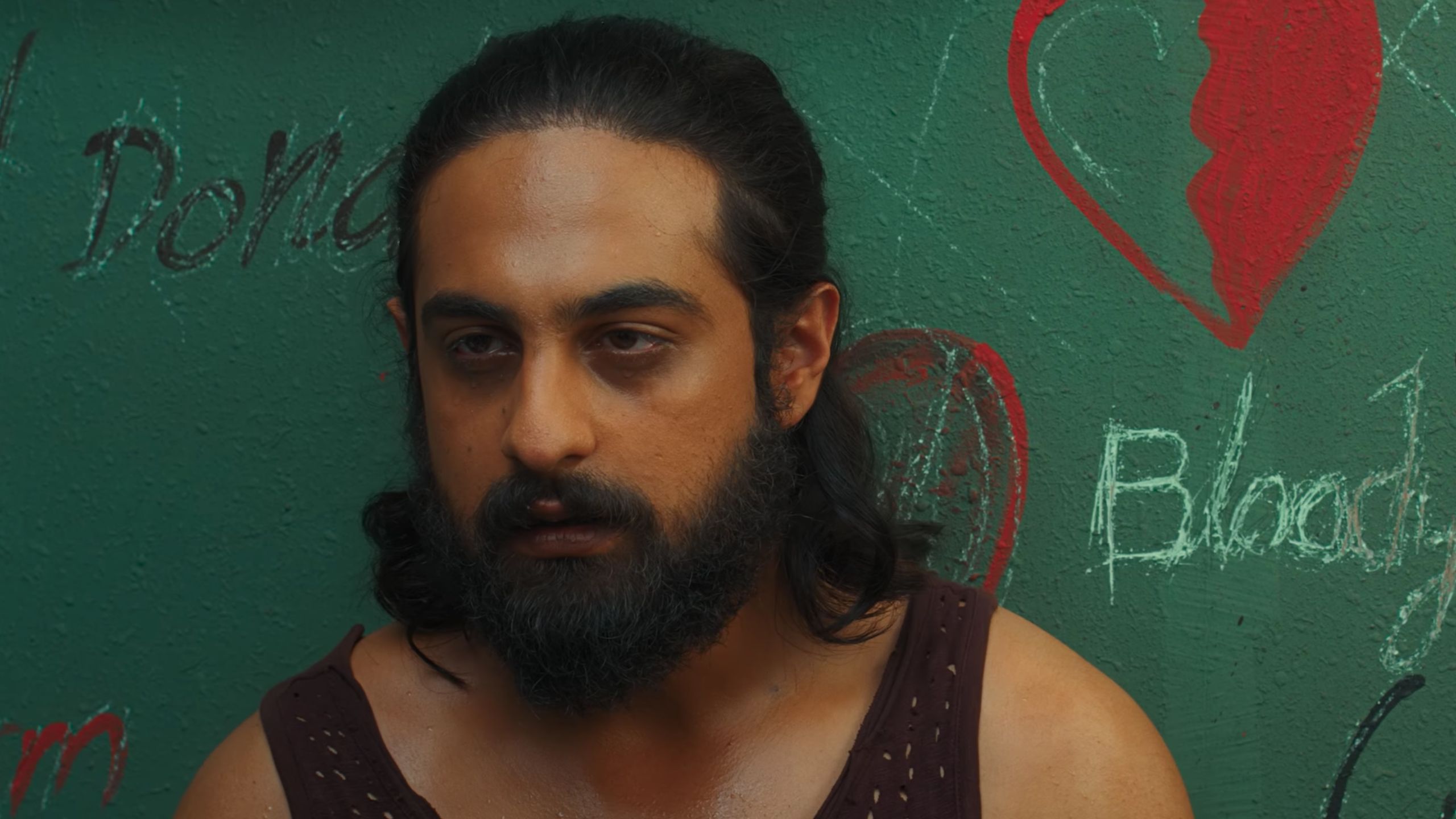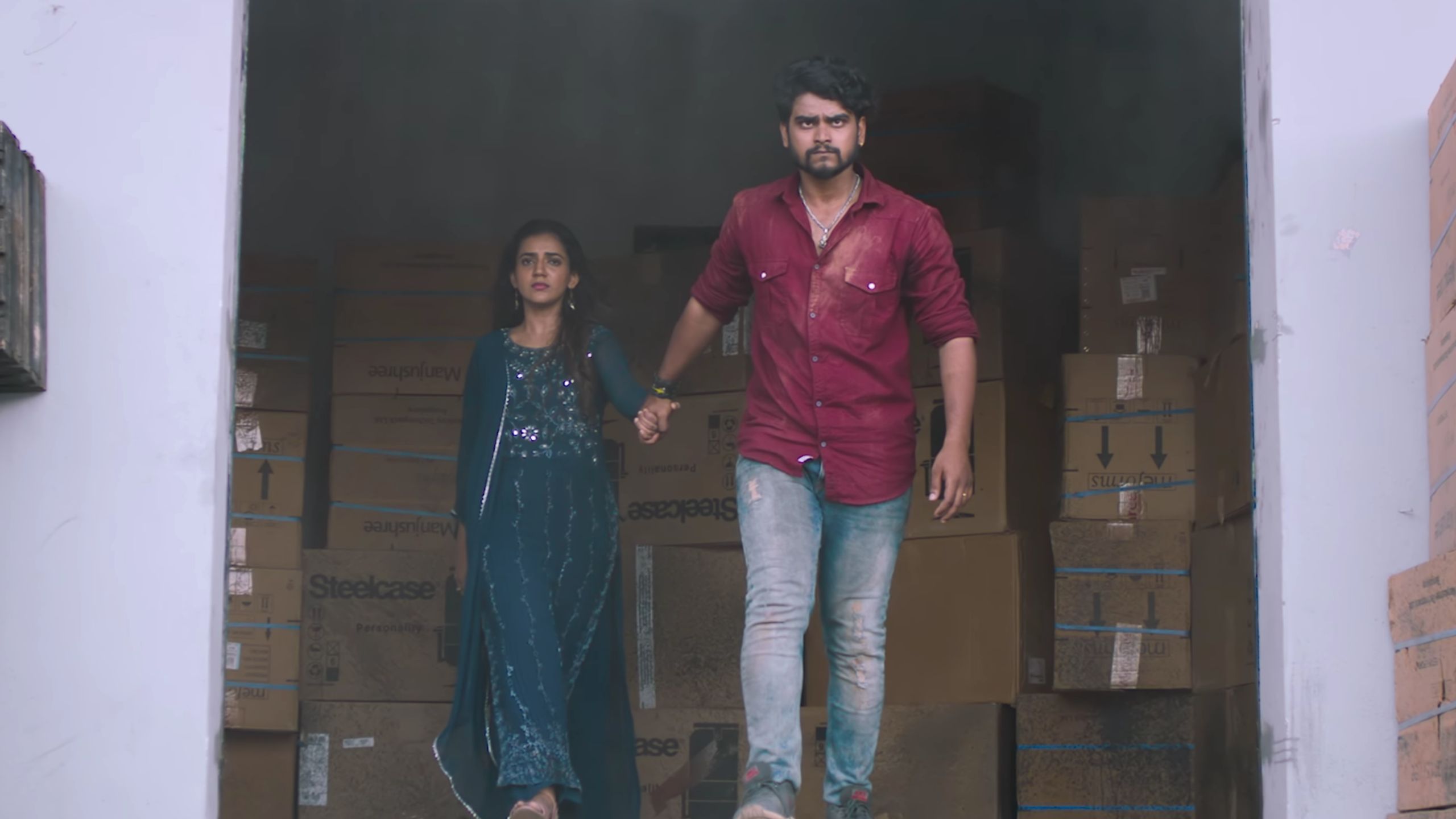Vijay Kumar, a well-known actor, made a remarkable directorial debut with Salaga. His seamless transition from actor to director immediately captured our attention. When his second directorial project, Bheema, was announced, anticipation grew even stronger. Once again, Vijay delivers a compelling narrative, crafting a raw gangster film that delves into the serious issue of drug addiction among youth.
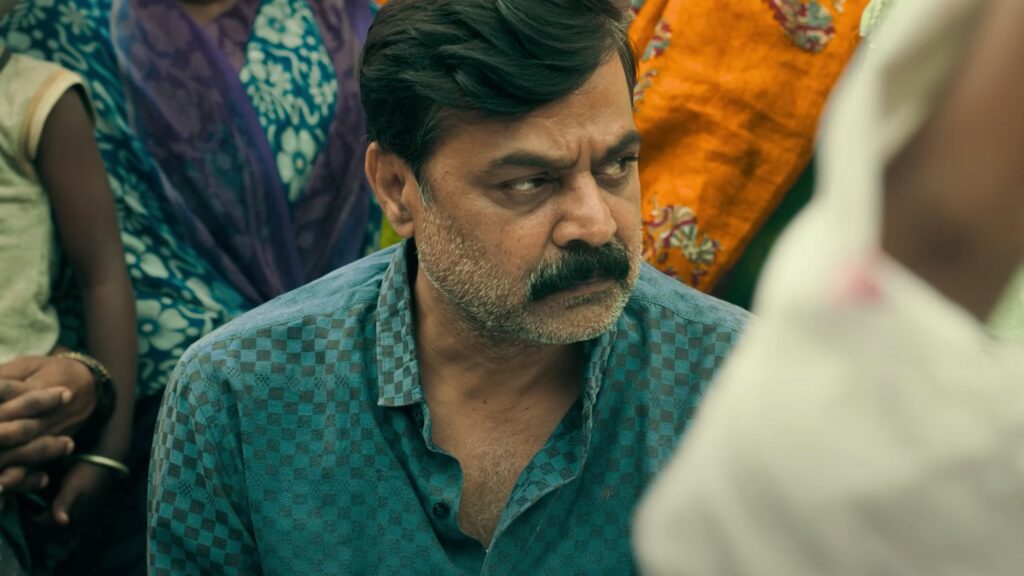
The story centers on Bheema (played by Vijay), an orphan raised by a mechanic named Ramanna (Achyuth Kumar). As Bheema’s life unfolds, he crosses paths with Dragon Manju (Manju), a ruthless drug dealer whose racket endangers the lives of many young people. Corrupt ministers exploit these vulnerable individuals for their own political gain, adding further complexity to this gritty, morally charged tale.
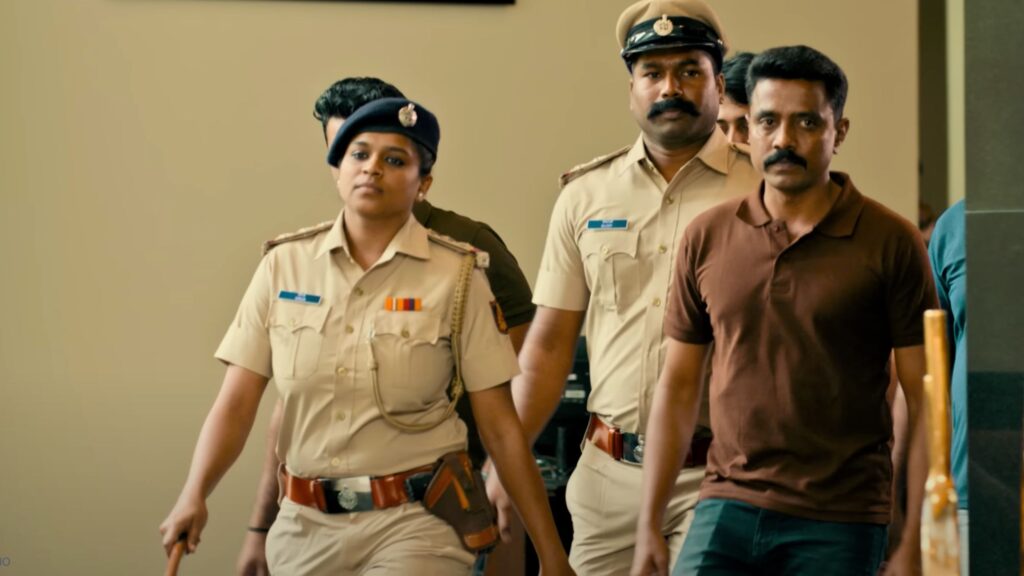
One of Vijay Kumar’s standout qualities as an actor-director is his ability to shine the spotlight on the entire cast, not just his own character. In Salaga, he did this masterfully with Dhananjaya KA as the cop. In Bheema, it’s the lady cop Girija, played by Priya Shatamarshan, who steals the show. During the first half of the film, Girija commands the screen with her charisma, swag, and sharp dialogue delivery, earning cheers and whistles from the audience.
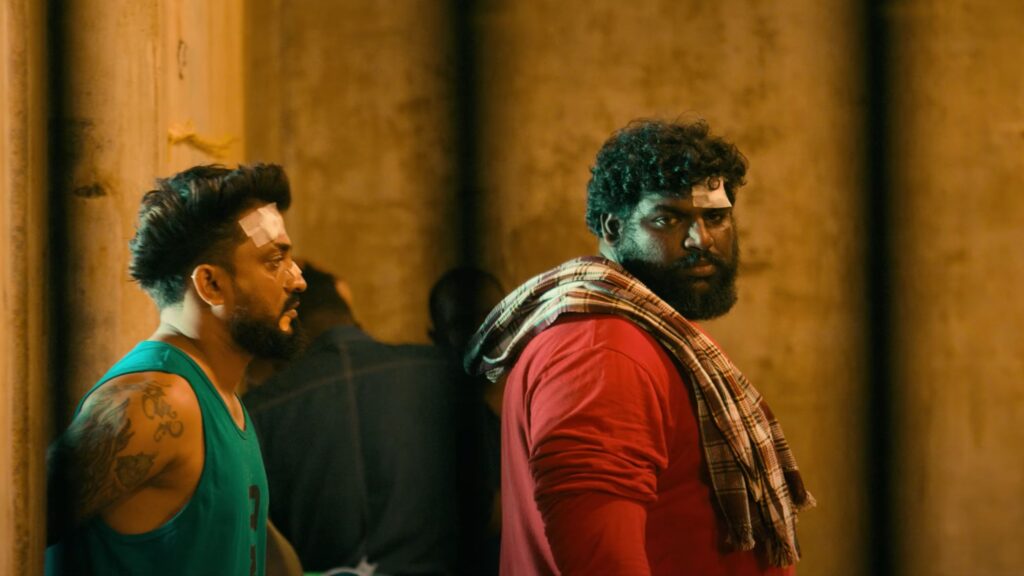
The film also features two other strong female characters: Ashwini Ambrish as the leading lady and Kalyanee Raju as Baby Amma. Though their screen time is brief, both actresses leave a lasting impression. The movie is mulched by a daunting group of bad boys, including familiar faces like Cockroach Sudhi and Raghu Shivamogga. At the center of the conflict is Dragon Manju, who delivers a commendable performance. Veteran actors such as Achyuth Kumar, Rangayana Raghu, Gopal Krishna Deshpande, Ramesh Indira, and others also anchor the film with their strong presence.
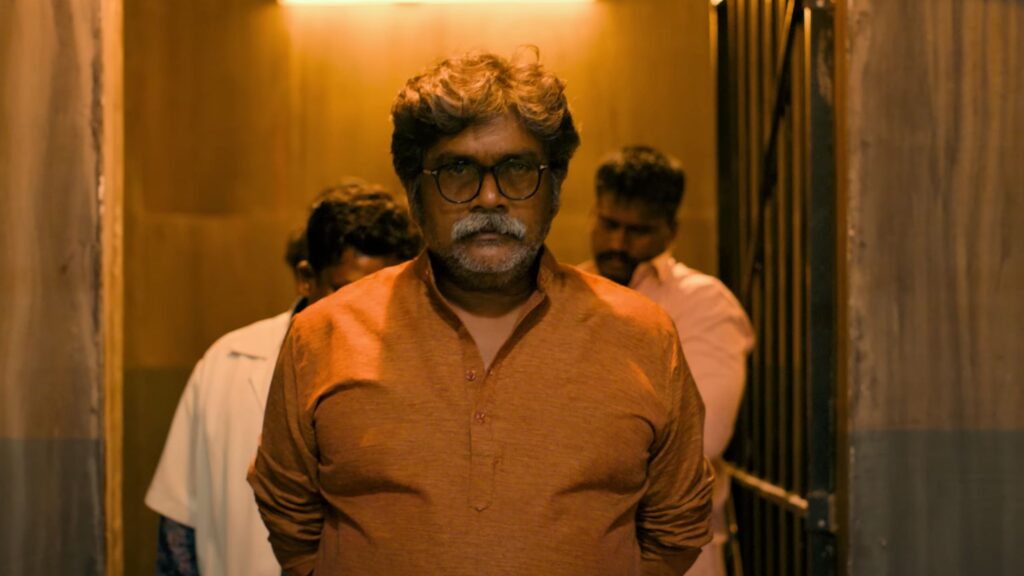
“Children are like matchsticks; when one ignites, the whole box catches fire.” Through this powerful analogy, Vijay in Bheema underscores the devastating impact of drug addiction on today’s youth. His message is clear and urgent—protect the younger generation from falling into destructive traps. However, the film, while gripping, is also a brutal portrayal filled with violence, bloodshed, and harsh language, making it surprising that some scenes passed the censors.
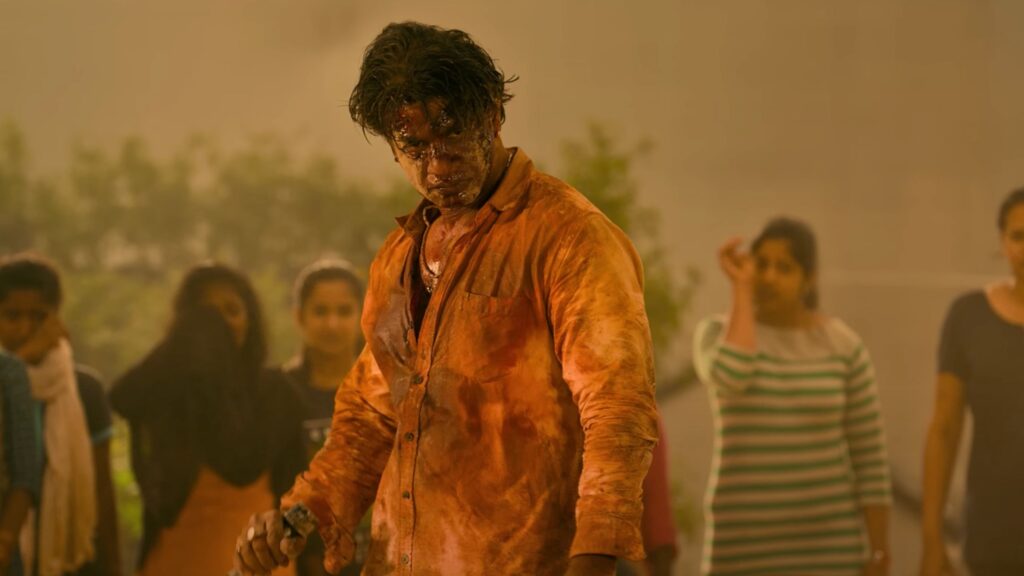
Despite these intense elements, Bheema sometimes feels overstuffed, particularly in the second half, where the moral undertones struggle to keep pace with the film’s entertainment value, causing the film to lose its rhythm at times. However, the film’s greatest strength lies in Charan Raj’s music, especially the climax’s background score, which elevates the tension and delivers an exhilarating experience. The rap tracks by MC Bijju and Rahul Ditto also stand out, adding a contemporary edge to the film’s soundscape.
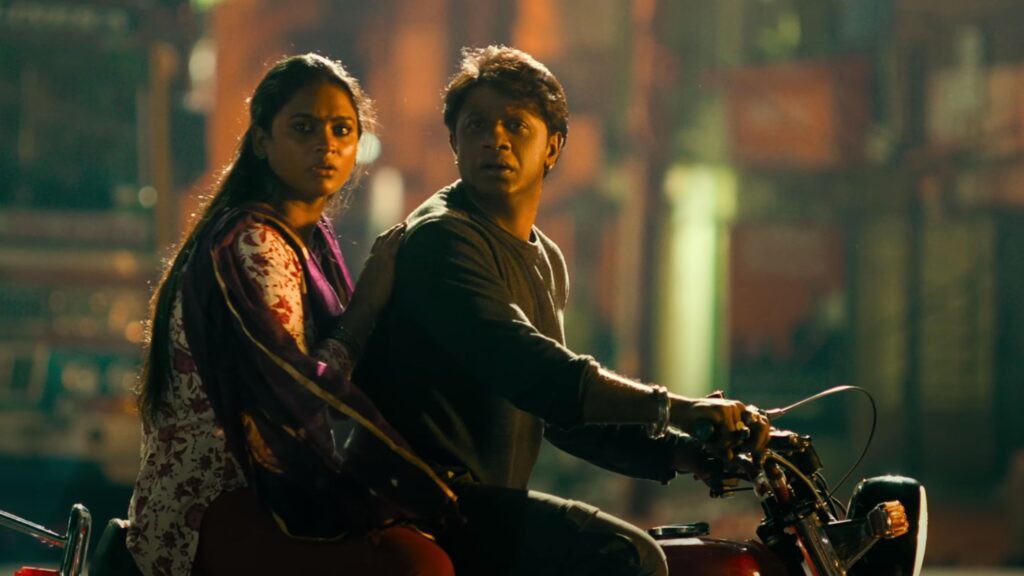
The technical departments excel across the board—cinematography, editing, music, costumes, and art direction all come together to vividly portray the gritty underworld, lending the movie a raw and realistic tone. There’s no compromise in quality.
As the movie draws to a close, one can’t help but wonder if Bheema lives up to the expectations set by Salaga. Just when you start to question it, Duniya Vijay surprises his audience with a cameo that hints at a larger cinematic universe, leaving viewers intrigued for what’s to come.





